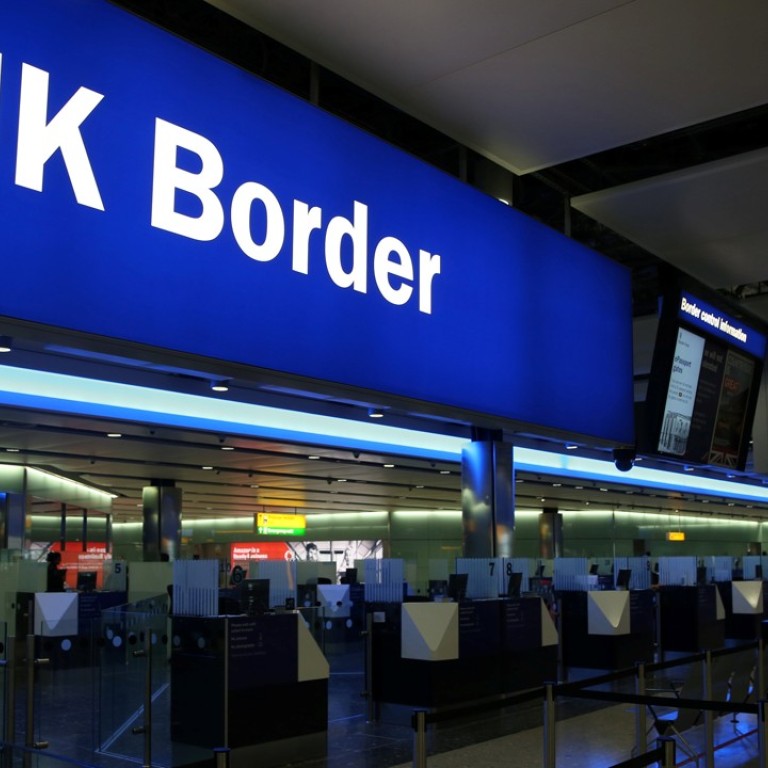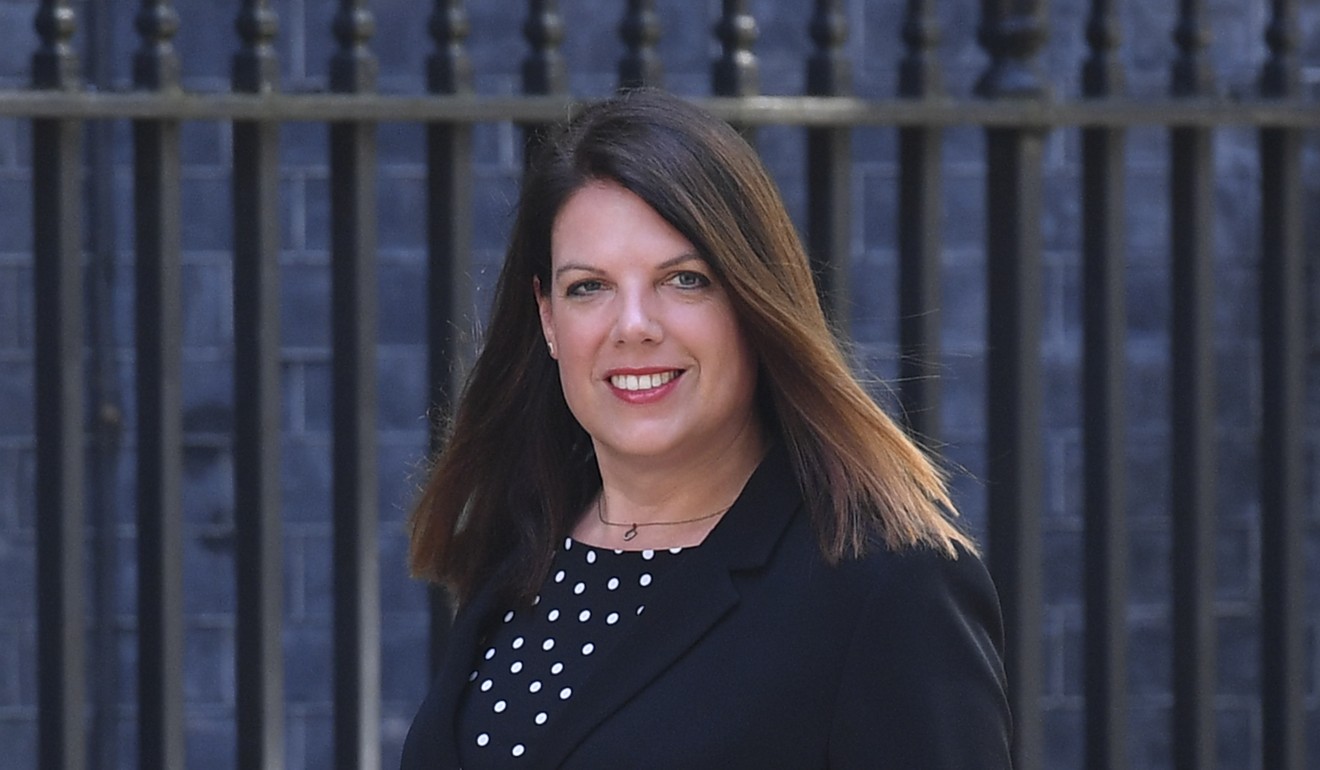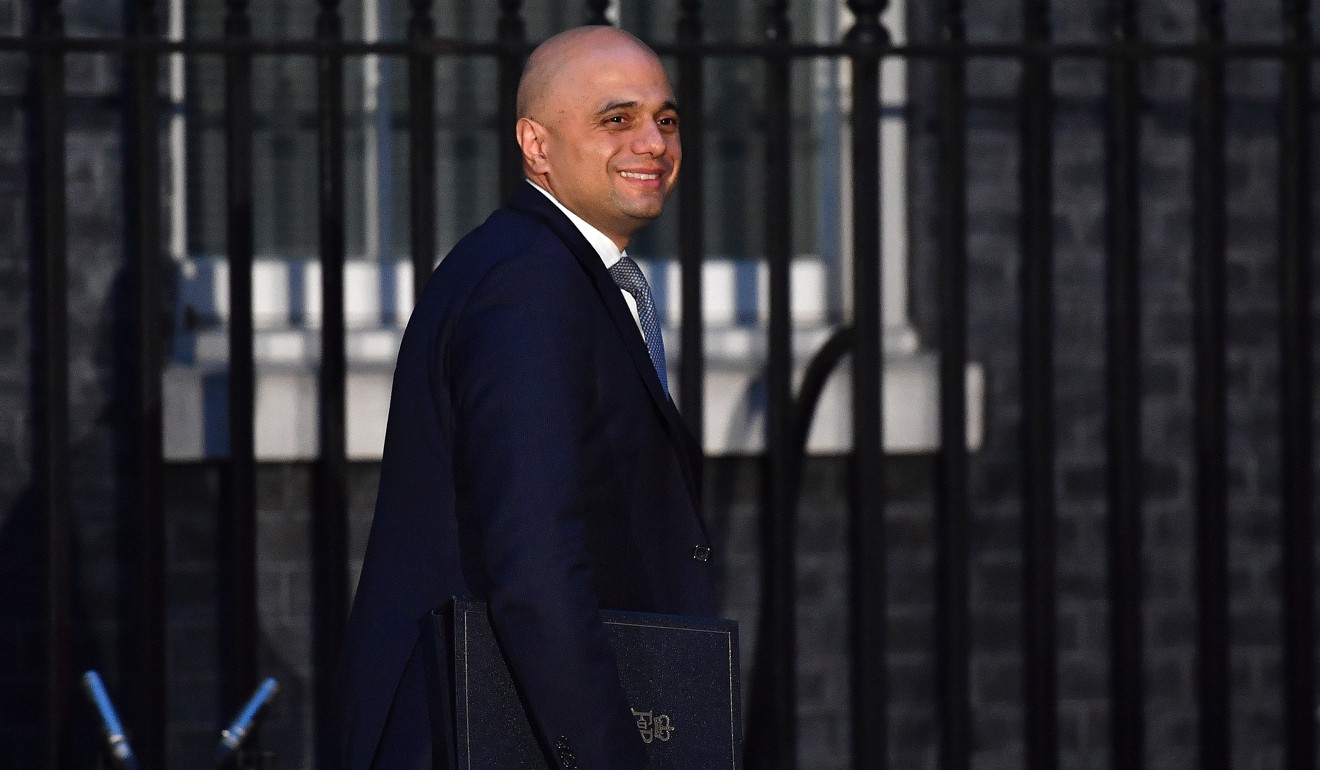
Confusion as UK suspends ‘golden visa’ scheme for super-rich, then does U-turn
- The tier 1 visa provides a fast track to settlement for people willing to invest millions in the UK
- The scheme has long been criticised by anti-corruption groups as a way to launder money
Global super-rich hoping to buy UK residency for their families through “golden visas” have been left confused, as have their lawyers, after Britain’s government announced it suspended the scheme due to money laundering fears, and then changed its mind.
The scheme has long been criticised by anti-corruption groups like Transparency International and Global Witness as a bolt-hole for Russian oligarchs, money launderers and organised crime groups.
“We will not tolerate people who do not play by the rules and seek to abuse the system,” UK Immigration Minister Caroline Nokes said announcing the suspension.
But just a few days later, on December 12, the UK’s Home Office announced it was not going to suspend the visas after all, at least for the time being.
“The tier 1 (Investor) visa is not currently suspended, however we remain committed to reforming the route,” the Home Office said in a statement attributed to a spokesman.
“A further announcement will be made in due course.”

The U-turn left some lawyers baffled.
“We were expecting a rule change and we thought it a bit weird, we thought here it is, an investor shut-down, and then it didn’t happen,” said Nicolas Rollason a partner with the Kingsley Napley law firm.
“We weren’t warned. We would have expected them to consult,” said a spokesperson for the Immigration Law Practitioners’ Association (ILPA).
Bombarded by queries from members who wanted to know what it means for their clients the ILPA wrote a letter of complaint to the government, and their voices seem to have been heard.
For Chinese immigrants to the UK, Brexit is a faint beacon of hope
According to The Daily Telegraph, the Home Secretary Sajid Javid sent a letter of apology to the Cabinet for the blunder.
The paper said the mix-up was caused after he failed to consult other governmental departments, as well as other Cabinet members.
The golden visa U-turn compounded a bad week for Prime Minister Theresa May who, a few hours after the suspension was retracted, had to face down a no-confidence vote in her leadership over her Brexit agreement with Brussels.
Nor did they do anything to restore confidence in Javid’s Home Office.

Selling residency and citizenship is inherently risky and exposes countries to all manner of corruption
So what does it mean for rich Chinese hoping to invest in the safety of the UK’s legal system and buy their children a British education?
According to Financial Times, Chinese were replacing Russians as the largest group of golden visa hunters.
Quoting a study by LJ Partnership, a London-based private wealth company, the paper reported last April that mainland Chinese took 116 of the 355 investor visas granted in 2017, up 56 per cent from the previous year, outnumbering Russians, the next biggest recipients by country, by 250 per cent.
If Hong Kong and Macau residents are included, then 146 Chinese people obtained UK investor visas last year, up 82.5 per cent on 2016.
The UK investor scheme requires the investor to live in Britain for six months of the year.
Immigration lawyers say because of this, Chinese “golden visa” candidates tend to prefer other EU countries like Cyprus, Malta and Portugal where conditions are less stringent and where it is easier to eventually become fully-fledged citizens.
China’s super-rich lead the way as applications for British millionaire visas surge
But in the EU there is growing opposition to golden visa schemes as well. The European Commission is due to issue a report on the subject early next year to stop what many see as a race to the bottom among EU member states to sell citizenship to wealthy foreigners.
“The tide is turning on the golden visa industry. This week’s U-turn (in the UK) is disappointing, but the facts have now been established: selling residency and citizenship is inherently risky and exposes countries to all manner of corruption and security threats,” Ava Lee, a senior anti-corruption campaigner at Global Witnessm said in a statement.
“Brexit is forcing the UK to decide what kind of a country it wants to be, and putting a price tag on citizenship is evidently a contentious part of that conversation.”
James Badcock, Head of Private Client Services with the law firm Collyer Bristow said even if there was not a full shut down of the golden visa system there would be modifications.
“We can expect some changes but hopefully it will happen in a more orderly way,” he said.
Badcock said he expected more checks on sources of wealth, currently done by banks, as well as changes to the type of investments required for a golden visa with the emphasis on active business.
“The smarter way to do it would be to put on a positive spin by presenting it as one of the changes in the post-Brexit immigration scheme.”
The UK government has been late delivering on its plans for immigration policy after the UK leaves the EU as well.

